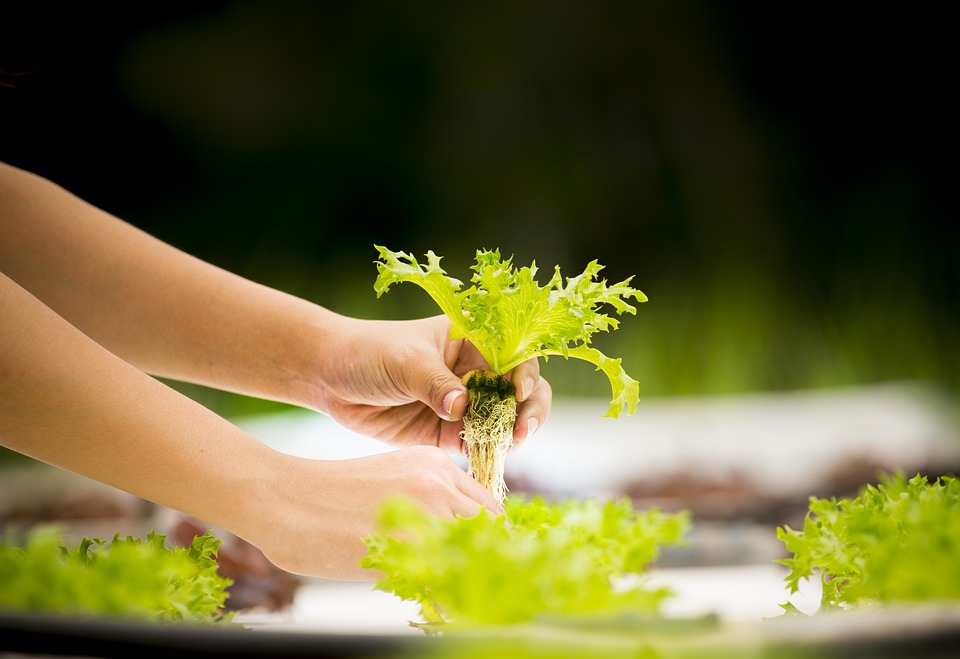The Power of Sustainable Farming: Creating Resilient and Thriving Ecosystems
I vividly remember my first season living off the grid, watching in awe as my sustainable garden began to flourish. There is something truly magical about cultivating the land and witnessing the beauty and abundance it can provide. For years, I have been captivated by the power of sustainable farming and the incredible impact it can have on our ecosystems. From fostering biodiversity to reducing our carbon footprint, sustainable farming is a game-changer in creating resilient and thriving ecosystems.
Sustainable farming, also known as regenerative agriculture, goes beyond traditional farming practices by prioritizing the health of the land and the surrounding environment. It focuses on working with nature, rather than against it, to create a harmonious and self-sustaining ecosystem. This approach not only benefits the environment but also contributes to healthier, more nutritious food for us all.
At the heart of sustainable farming is the understanding that healthy soil is the foundation for a thriving ecosystem. By nourishing the soil with organic matter, compost, and natural fertilizers, we can create a rich and fertile environment that supports a diverse range of plant and animal life. This holistic approach to farming not only produces higher yields but also helps to sequester carbon from the atmosphere, mitigating the effects of climate change in the process.
One of the key principles of sustainable farming is biodiversity, which plays a crucial role in creating resilient ecosystems. By cultivating a diverse range of crops and incorporating native plants into our gardens, we can attract beneficial insects and pollinators, which in turn helps to maintain a balance in the ecosystem. Additionally, the practice of crop rotation and intercropping can help to naturally control pests and diseases, reducing the need for harmful chemical pesticides.
Another crucial aspect of sustainable farming is water conservation. By implementing techniques such as rainwater harvesting, drip irrigation, and mulching, we can significantly reduce water usage while also preventing soil erosion. These practices not only help to conserve precious water resources but also contribute to the overall health of the ecosystem by maintaining a consistent, balanced water cycle.
When it comes to livestock, sustainable farming emphasizes ethical and humane treatment of animals, as well as regenerative grazing practices. By allowing animals to graze in a rotational manner, we can mimic the natural movement patterns of wild herds, promoting healthy soil regeneration and greater biodiversity. This approach not only benefits the animals but also contributes to the overall health of the land.
In addition to the environmental benefits, sustainable farming also offers numerous advantages for local communities. By supporting small-scale farmers and local food systems, we can reduce our dependence on industrial agriculture and provide economic opportunities for rural communities. Furthermore, by prioritizing the use of organic, locally grown produce, we can enjoy food that is fresher, more nutritious, and free from harmful chemicals.
Pro Tips:
1. Start small and focus on one or two sustainable farming practices at a time. Whether it’s composting, water conservation, or crop rotation, taking incremental steps can help you gradually transition to more sustainable farming methods.
2. Get involved in your local community. Joining a community garden or a local farming co-op can provide valuable support and resources, as well as the opportunity to learn from others who are passionate about sustainable farming.
3. Educate yourself on sustainable farming practices. There are countless resources available, from books and online courses to workshops and farm tours. By continually expanding your knowledge, you can implement new techniques and stay up to date with the latest advancements in sustainable farming.
In conclusion, the power of sustainable farming is undeniable. By nurturing the land and working in harmony with nature, we have the incredible opportunity to create resilient and thriving ecosystems that benefit both the environment and our communities. Whether you’re a seasoned farmer or just starting out, embracing sustainable farming practices can lead us towards a brighter, more sustainable future for generations to come.



